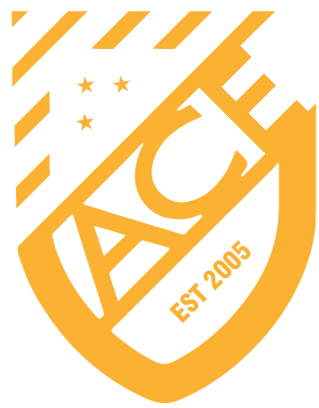Malaysia Charity Projects
Other Charity Projects
Transforming Lives, One Project at a Time
At Ayesha Community Education (ACE), we provide essential support to vulnerable communities worldwide. From empowering SEND children through specialized education to delivering life-saving resources like clean water and disaster relief, our mission is to uplift lives and inspire hope.
A Small Charity with a Big Heart
ACE, founded in 2005, is committed to serving local communities through education, recreation, social initiatives, health care, and disaster relief. Building on this foundation, we are expanding our efforts to support vulnerable populations globally, with a focus on underserved areas often overlooked by larger charities. Our mission is to create meaningful, lasting impact where it is needed most.
Contact Us

What We Do
At ACE, our focus is simple: provide relief to those facing real
hardship, especially those who are not helped by others. Whether
it’s building wells in rural Africa or offering aid after natural
disasters, we aim to make a lasting impact through targeted,
meaningful projects.
We work tirelessly to create meaningful change in communities worldwide. Our initiatives span from
establishing schools to providing hardship relief to those in need. Together, we can build a brighter future
for children and families in need.
Uplifting Those in Need
At ACE, we are driven by the belief that everyone deserves access to essential services like education, clean water, healthcare, and emergency relief. While we began by focusing on the local community, our scope has now grown to reach international communities in dire need.



Empowering Communities, Transforming Lives
Our Key Current Projects:
-
Malaysia-Orphanage:
Providing a safe, nurturing environment for children, with a focus on SEND care. -
Cambodia-School:
Supporting local communities to provide Education and care for the poorest in their midst. -
Gambia-Water Wells:
Delivering clean, sustainable water solutions to communities. -
India-Poverty Relief:
Providing daily sustenance to rural India. -
Tanzania-Orphanage:
Providing a safe, nurturing environment for children.
